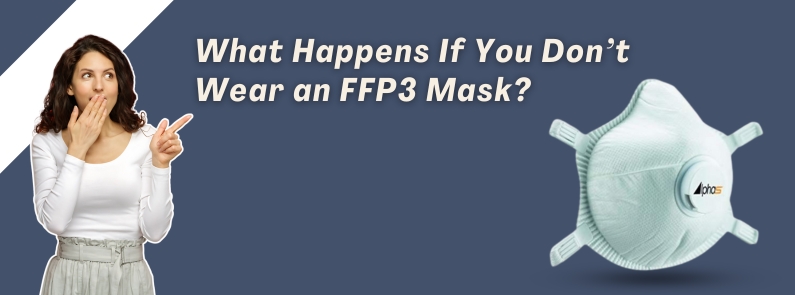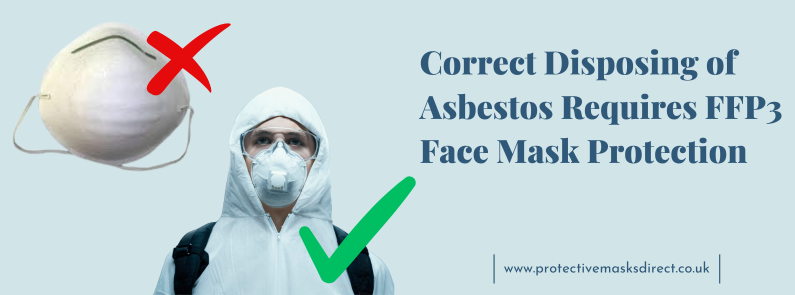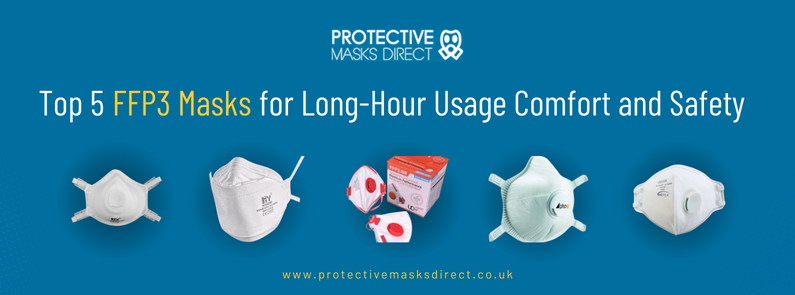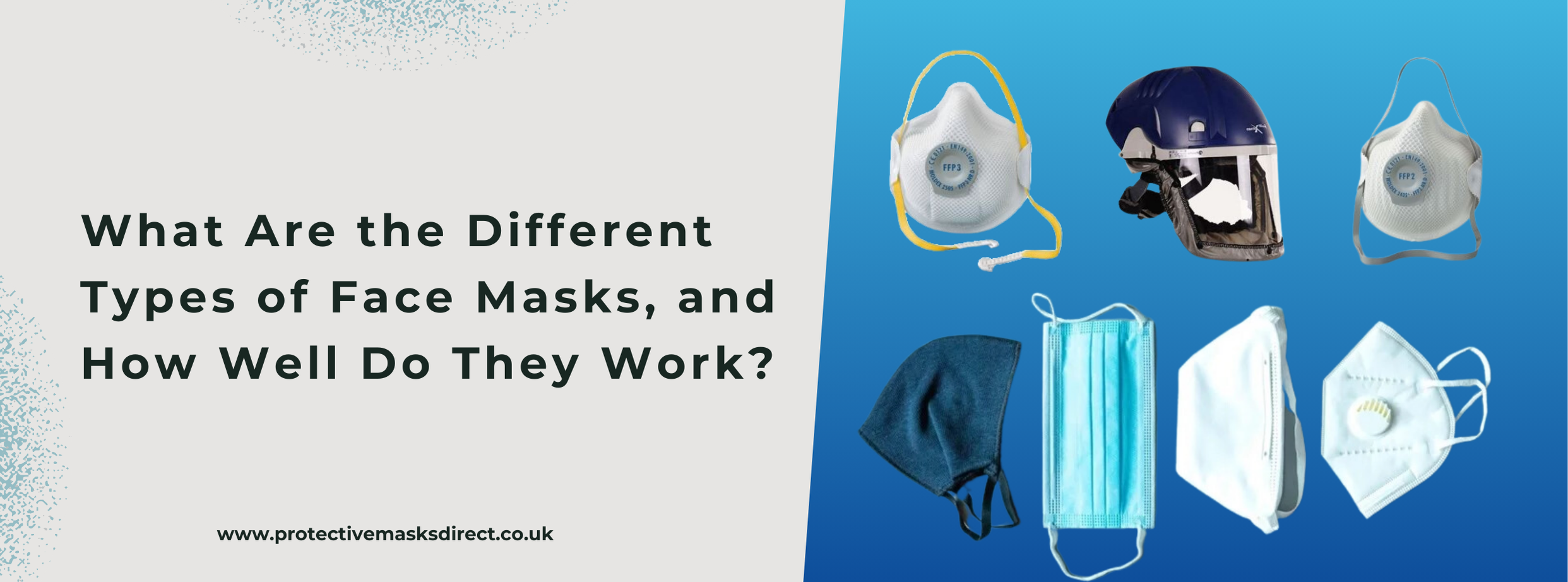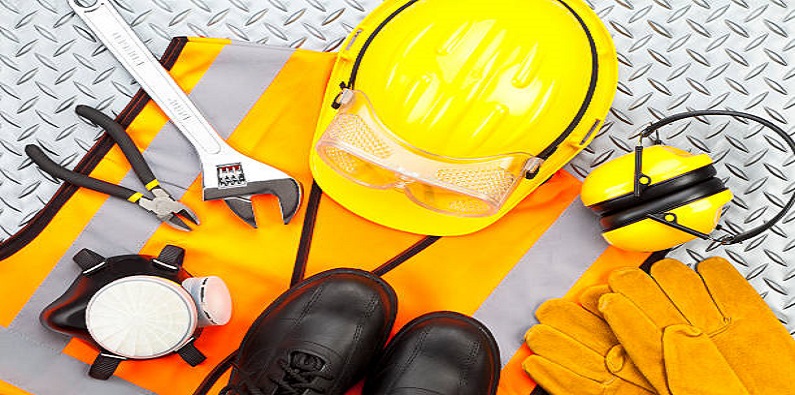
Covid-19 has shown us all how important it is to wear a mask. Harmful bacteria can be airborne, putting one's respiratory health at risk. In light of this fact, inhalation is the most prevalent route of exposure for many substances considered health hazards.
Using Personal Protective Equipment (PPE) in busy places like warehouses and construction sites is important to prevent unpredictable accidents and hazardous situations. Even though there are millions of workers who lack suitable equipment and kits and suffer from significant risk and exposure to various protection-related elements every year.
As a result, you need to know what you can do to protect yourself, especially when choosing suitable protection equipment.
Why is Respiratory Protection Important?
Inhaling hazardous substances might harm the delicate structures of your lungs. You're more likely to have respiratory difficulties if your lungs are harmed. Respiratory illnesses are mostly incurable and frequently lead to death. The most common type of respiratory illness is lung cancer.
The respiratory mask is used on the job to safeguard workers from airborne dangers. PPE should only be used as the last line of defence between the worker and a hazard. Efforts to reduce workplace risks and hazards should constantly be prioritised.
Health Measures
A danger assessment should be the first step in ensuring workplace safety. Once the hazards and risks have been determined, a strategy for prioritising and reducing the risk of injury can be devised. A risk assessment and job safety analyses are useful risk assessment tools. Even the toughest restrictions, however, will not necessarily eliminate all of the dangers involved with most occupational duties. This is where the requirement for personal protective equipment (PPE) must be assessed. A hazard assessment can assist in determining which types of specialist PPE are necessary.
When selecting PPE, many variables must be considered.
Many hazardous compounds occur in the form of fine dust, fumes, gas, or vapour that you can't see in the air and could be exposed to at work. To avoid potential exposure to these toxic compounds, it is critical to choose a mask that provides the highest level of protection given the nature of the job.
Some masks, such as disposable dust masks with filters, should be replaced daily because they can be uncomfortable at first. Reusable masks may eventually become clogged, and you may notice that breathing through them becomes more difficult, indicating that the filter needs to be replaced. To lessen the chances of this and other issues with your mask occurring.
Mask Filtration
The most typical uses of a respiratory mask are in industrial and healthcare settings. The filtration efficiencies of unloaded particulate respirators were compared to the filtration efficiencies of dust/mist (DM) and dust/fume/mist (DFM) respirators certified under the previous regulations (30 CFR Part 11). It was discovered to have greater filtration efficiency than DM and DFM dust masks without filer and non-certified dust masks after laboratory tests with NaCl certification aerosols and measurements using particle-size spectrometers.
Many masks rely on a good seal on the face to draw air into the filter material, which gets cleaned when you breathe. If there are any breaches around the edges of the mask, 'dirty' air will enter your lungs through these openings. As a result, it's critical that the mask is put on correctly every time and checked for a good fit. Face hair stubble and beards make a good mask seal to the face impossible. When using tight-fitting masks, shaving helps prevent polluted air from leaking around the edges of the mask and into your lungs.
Protection Equipment
Personal protective equipment (PPE) must be chosen with the individual in mind. There could be various reasons why a piece of PPE isn't appropriate for a certain person. There may also be times when the demands of the workplace conflict with an individual's capacity to wear particular PPE. Sometimes, the person may be barred from certain areas/processes or from visiting the workplace altogether. Beards may be prohibited in oil refineries and airport fire departments, for example, due to the potential requirement for emergency breathing apparatus.
Because each respirator filter is only effective for a restricted range of chemicals, the correct one must be used. Filters have a finite lifespan. Only use breathing apparatus if there is a lack of oxygen or a risk of losing consciousness due to exposure to excessive levels of dangerous gases. Never use a filtering cartridge. In a restricted space or if there is a risk of oxygen deficit in the work area, breathing apparatus will be required.
Conclusion
whether or not users wear a piece of personal protective equipment determines its effectiveness. Regardless of cost or efficiency, it will be avoided if the equipment is uncomfortable or interferes with the user's capacity to operate. By incorporating workers, or their representatives, in the selection process, wearer acceptance can be increased. This consultation allows end-users to express their opinions and contribute to the selection process.
This is frequently accomplished by selecting a collection of products that give the desired level of protection and then incorporating workers in trials to select the item that they believe is most appropriate.

